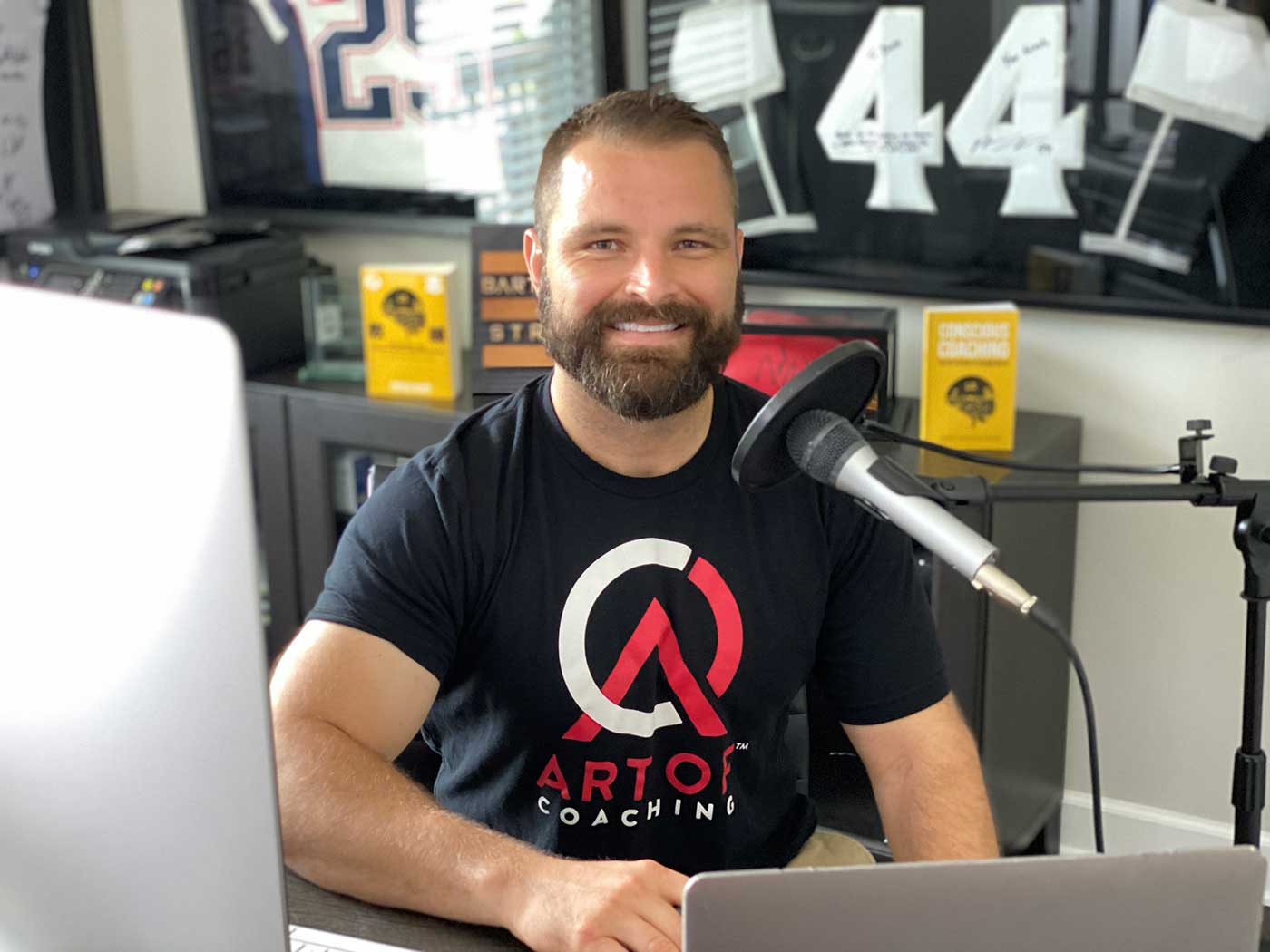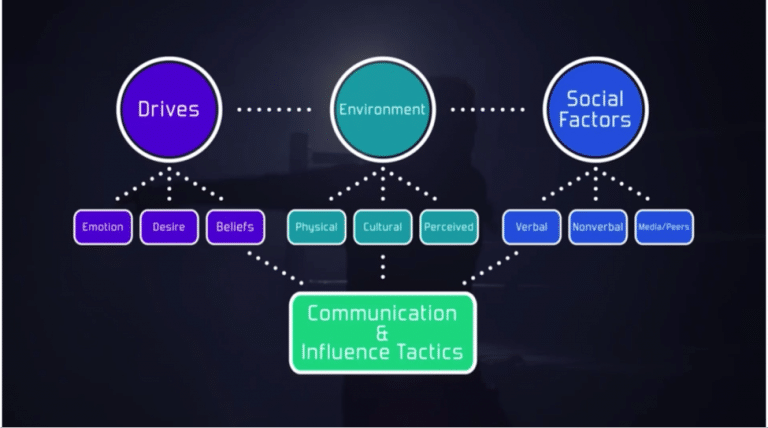Here are your results
Your Primary Drive Is:
Unity
You find solace in solidarity – the sense of a shared mission. Relationship building is a central priority, and you believe most hardships in life or business are best addressed through a collaborative or community-based approach. You genuinely crave being around others who share your values, vision, and voracity for meaningful social interaction.
Inclusive, friendly, unselfish, and extremely dedicated, you certainly can handle things on your own, but the act of engaging with others inspires your work at a higher level. While you appreciate periods of solitude, even when you isolate, you eventually end up calling a friend, going to a local coffee-shop, or seeking out another public space where the “noise of life” is more present.
The hallmark trait of a Uniter is someone who believes in a strong correlation between acceptance and excellence; since more ideas lead to more possible solutions.

Strengths
- Development: You possess an uncanny ability to recognize the potential in others. You are equally inspired by working with both experts and beginners because you see more commonalities between them as opposed to their differences. You believe too much time gets wasted by leaders who focus on pointing out differences and assigning hierarchies instead of focusing on collaborative solutions that bring those with a wide range of perspectives into the fold.
- Networking: A strong sense of connection allows you to see the common threads between people that most others may miss. You have a sincere desire to be involved in people’s lives, so you can more accurately understand what you may be able to do to make their path a bit easier. Your network is broad and diverse, and you’ll use it to help others not only for the joy of seeing two or more people who were previously strangers grow but also for the pleasure of seeing them connect on a genuine level.
- Inclusiveness: No true leader wants those around them to feel undervalued or left out. Even if someone possesses a skill or personality quirk that leads them not to be an ideal fit for a given situation, you will do your best to find a context or community in which they can be more successful. You strongly believe that a rising tide lifts all ships, and you know that the exclusion of ideas leads to the stagnation of progress. A united approach is the skeleton key that opens doors to enhanced efficiency.
Snares
- Avoidance:Those who value Unity must also recognize that coalitions cannot be strengthened without conflict. Protecting and placating are not inherently synonymous; and a desire to be “liked” will cloud your decision making. This means even a desire to be seen as agreeable cannot supersede your willingness to stand-up for what is right and go against the grain should the moment call for such action. You must resist the urge to go “along for the ride” or settling in order to lead at the highest level.
- Naiveté: Given the complexity of leadership and social interaction, maintaining a deep focus on the “bright-side” of life can bring tremendous challenges; this is especially true as it pertains to the concept of “fairness.” It isn’t a matter of fair/unfair, good/bad, but rather a matter of practicality and how to manage the gray area of conflict.In truth, fairness to everyone is fairness to nobody at all. When managing others, we all must learn to distinguish between fairness of process vs. fairness of outcome. Yes – people deserve a “fair chance”, but exceptional contributors also deserve recognition or motivation eventually stagnates.
- Dependence: Buy-in grows best within a collaborative environment, so it’s only right to seek consensus on a wide variety of decisions. That said, “mixing it up” and “breaking down silos” have become cliche terms that are used to validate environments underpinned by the ideology of collaboration at all costs, even if it takes place at the expense of low productivity.Candidly put, Uniters must recognize that not all collaboration is helpful, and meeting to meet can lead to unclear intentions, expectations, and even role ambiguity. Be wary of devaluing those who prefer to work in isolation or need more time alone to clarify better what is in their heads before compelling them to join a committee.
As you review and share your results, remember nobody fits neatly into only one category. Life and our social nature cannot be forced into a vacuum, as people and their relationships are far too complex for that.
This quiz is a starting point, albeit a critical one.
Specific drives and even our responses to situations will vary depending on the context, including cultural values, our motivation to engage with a given activity, our mood, the physical location we find ourselves in, the company we keep, and numerous other factors.
To become better people, all of us must engage with activities that make us reflect more deeply on our tendencies, behaviors, state(s) of mind and perceptions of what drives us and others frequently.
To derive more value and growth, share your results with others, and join the conversation.
Share this quiz!
There is an abundance of scientific literature that debates the accuracy and validity of many existing tests like this of which you can learn about in my book. Amidst these debates, people forget that we benefit from merely taking the first step by taking part in reflective activities of any kind.
From an accuracy standpoint, nothing will ever be perfect- and perfection isn’t necessary for progress.
Human nature may be predictable, but all of our behaviors are not.
For more accuracy, we strongly recommend you engage with this quiz multiple times, whether in varying emotional states, physiological states (fatigue, alert, happy, stressed, etc.), physical locations, times of the year, and even when around friends.
You can continue your journey by learning more about drives, leadership and communication by listening to episode 130 of our podcast, reading my book, or taking my online course Bought-In.



